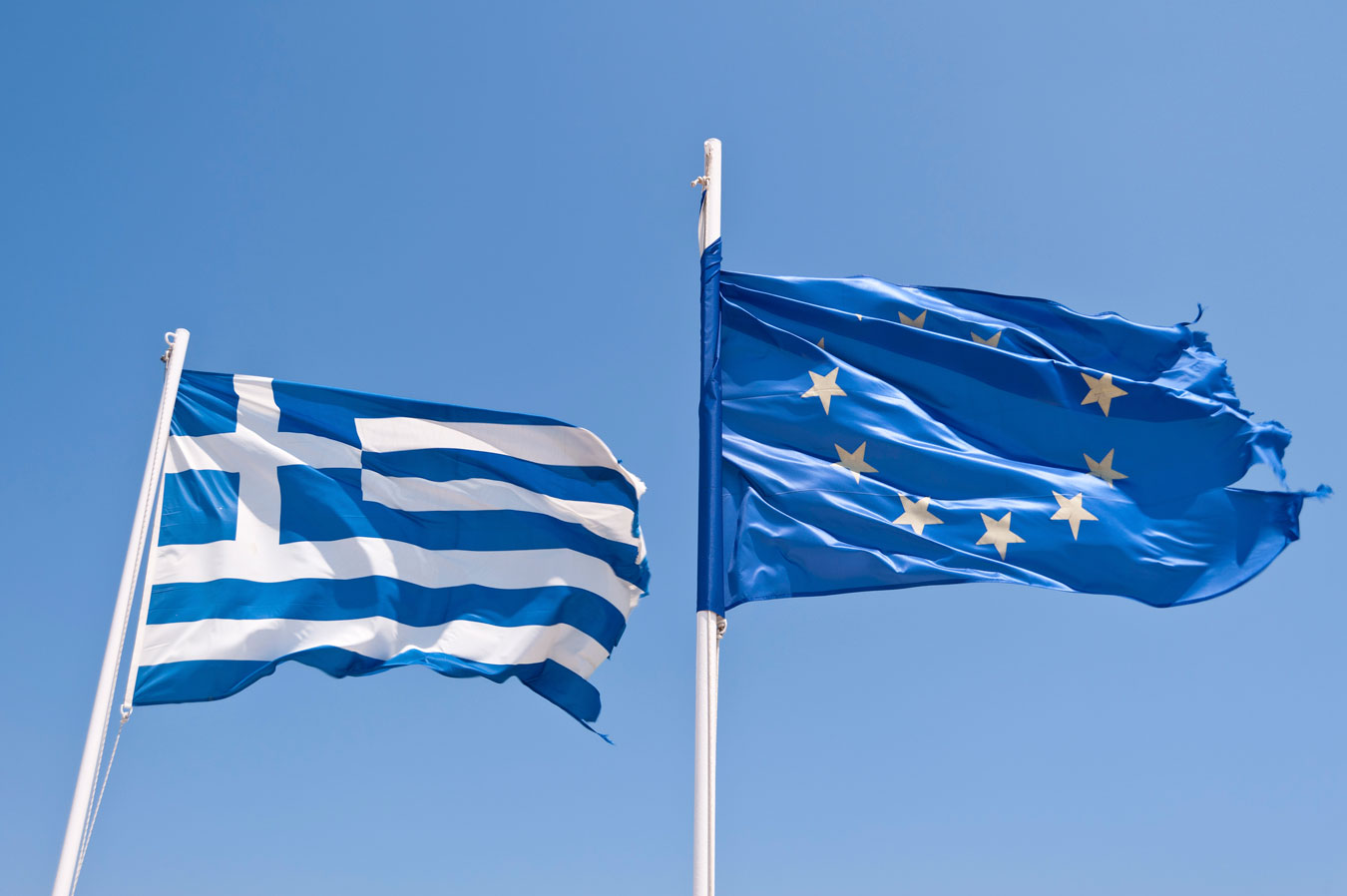Greek Tragedy
The curtain closes on a crisis.

Odysseus had Scylla and Charybdis; in the present day, Greeks have been forced to choose between austerity and bankruptcy. The devil and the deep blue sea—either way, the chances of coming out in one piece are pretty slim.
It’s not like we didn’t see it coming. For years now, economists and pundits have been fretting over Greece’s inability to pay its gargantuan debts. Given the country’s size (about 11 million souls), such profligacy would be cause for concern, not panic. But the country’s membership in the European Union complicated things: if Greece couldn’t pay, would other members pick up the tab? Or would it be shown the door? If so, whither Greece? Whither Europe? Whither the world?
After years of handwringing and can-kicking, the financial drama lurched toward a climax this June. Greece’s socialist government pooh-poohed proposed economic reforms; the European Union (led by its largest member state, Germany) replied by threatening to withhold emergency loans. The result was drama worthy of the ancients: a hasty referendum, capital controls, a run on the banks, riots and resignations, protests and pandemonium.
In the end, sense triumphed over politics. Sobered by the threat of a nationwide financial meltdown, Greek Prime Minister Alexis Tsipras ended his multi-billion-dollar game of chicken and agreed to reform; German Chancellor Angela Merkel begrudgingly agreed to discuss debt relief. For Greek citizens, however, the denouement is likely to be as depressing as predicted: austerity, taxes, unemployment, misery. All of which are likely better than the alternatives: insolvency, ruin, anarchy, chaos. But not by much.
For investors, the future seems less bleak. Greek equities have been tossed upon the dung heap, but elsewhere on the continent, markets are returning to normal; Goldman Sachs upgraded European equities to “overweight” as the crisis continues to subside.
Greek drama has always served a didactic function; this time is no different. While the day-to-day indignities of economic stagnation unfold in the streets of Athens, the eyes of the world turn to Spain, Portugal, and Italy, countries as troubled as Greece, both financially and structurally. Will they be able to learn anything from the tragedy? Or are they destined to suffer the same fate? Get back to your seats—the next act is about to begin.








